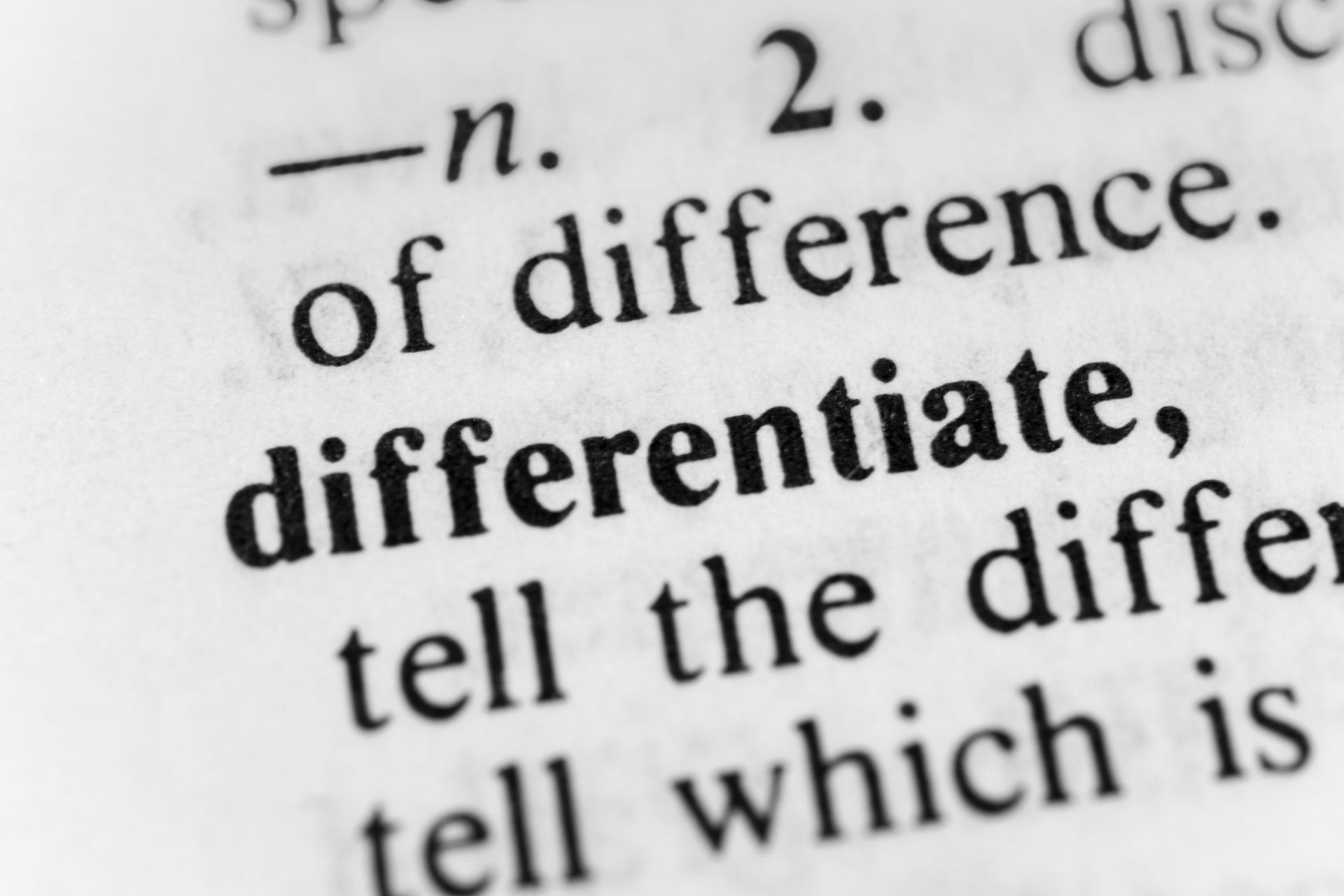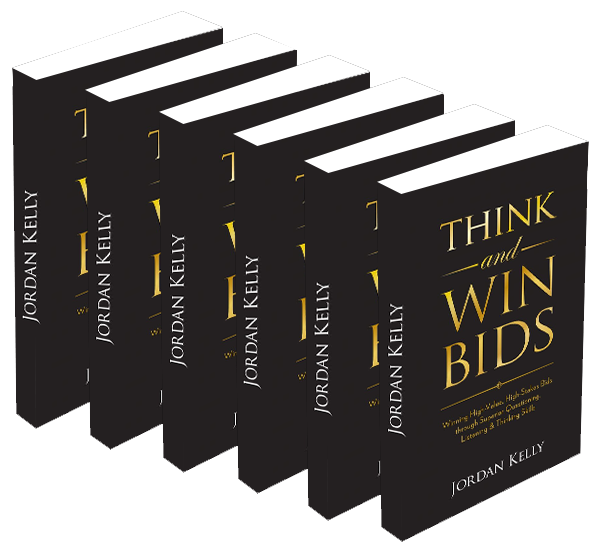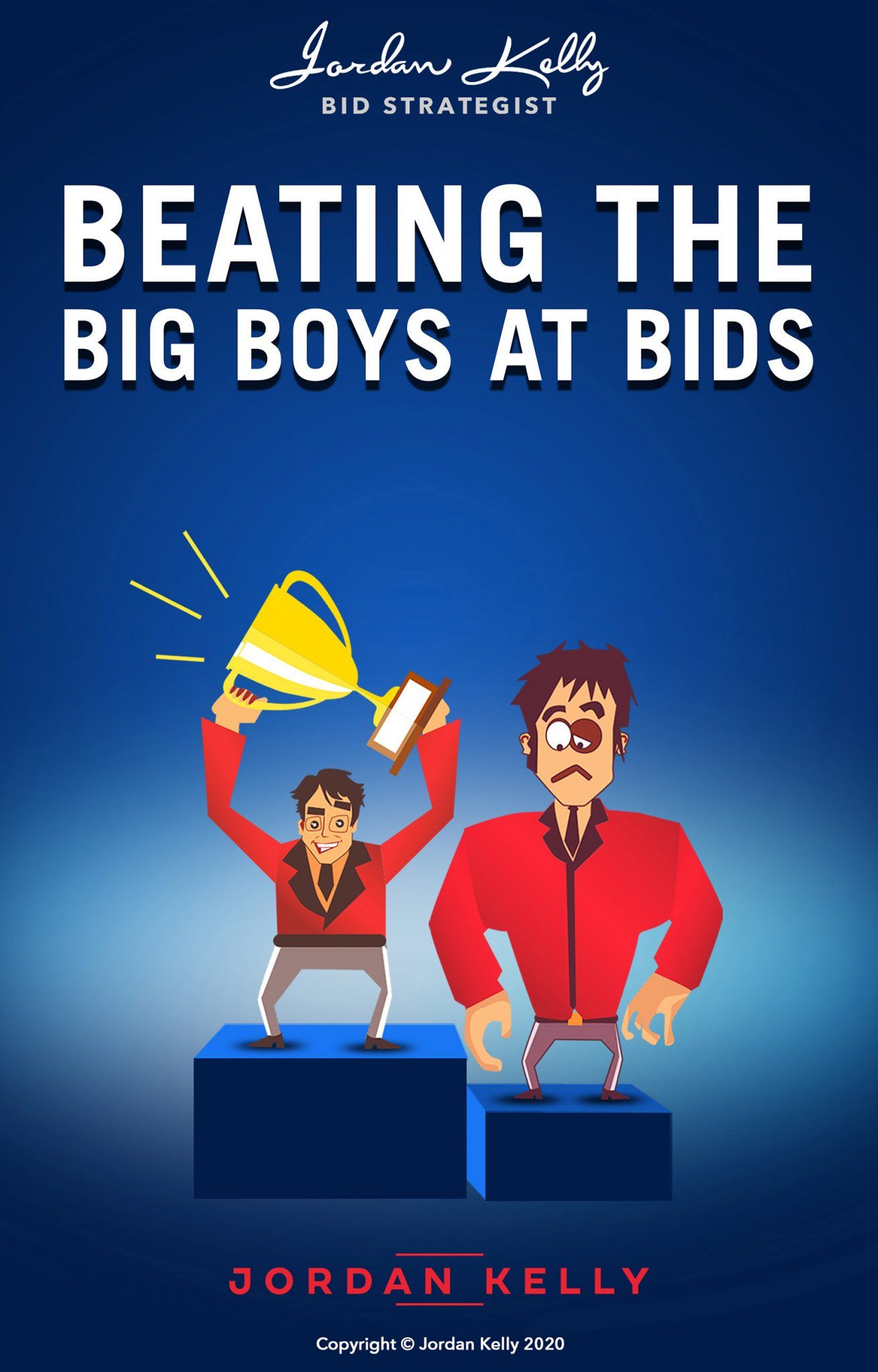CATEGORIES:

"De-commoditisation" is the practice of creating a meaningful competitive difference or positioning in order to avoid (within reason) the need to compete on price.
It represents a critical element of a non-price-driven business (and bid) strategy. And it’s
THE answer for the small operator faced with overly-hungry and cost-advantaged competition.
There’s a multitude of available strategies for achieving de-commoditisation, but better still is the fact that – whatever that number may be – it increases exponentially when investigated in the context of any specific industry and geography.
One simple (and reasonably generic) strategy for de-commoditisation is to move to a new, heightened and more client-centric level of service. This is often the secret of the small company that successfully hangs onto contracts in the face of deep price-cutting by larger competitors.
These operators – almost unconsciously – apply a reasonably uncomplicated formula: they understand their clients not only at the higher, “bigger picture” level but also at the “on-the-ground”, operationally-detailed level.
They understand, genuinely care about, and act upon what’s important to the client. And they make themselves indispensable by virtue of their resultant, highly personalised – and thus highly valued – service.
Let’s take, as an example, arguably one of the most commoditised service industries of all:
freight.
Applied to our freight sector example:
This type of operator is the freight company that will do whatever it takes to make no deliveries before 4pm . . . if that’s the client’s stipulation, and that checks in regularly with the client to ascertain what is and isn’t working about their service.
And, staying with the freight company example, if they are told – or discover for themselves – that there’s an issue with breakages, they’ll implement new loading and other forms of procedure to prevent these.
Perhaps most importantly of all, this more diligent type of operator takes these measures proactively i.e. before (rather than after) the fact. They do it, not simply because they’ve been instructed to, but because they know and care that that’s what works best for the client.
Building rapport with the client organisation and the people, processes and roles they’re interfacing with has become a natural and central part of their modus operandi.
And still with the freight and logistics example: It’s the operator who continually hones basic practices like punctuality, diligence in paperwork, and top-notch presentation. It’s the company with management that makes sure everything is done or delivered on time, that documentation is detailed and error-free, that its drivers are properly attired, and they’re driving trucks that look brand new because they’re washed after every trip.
It’s the operator whose drivers are friendly, professional and well-presented . . . the operator who will
never allow even one instance of denigration of its brand by allowing a blue-singleted driver to load food into the back of a supermarket.
It’s these elements of an SME’s performance that ensure it not only holds its own in terms of marketplace credibility, but can differentiate, cumulatively, “by detail”.
Because the client notices.
BEATING THE BIG BOYS AT BIDS
(Training Program)
Capitalise on the natural advantages of being a smaller, more agile - and potentially, more aware - operator than your corporate competitors.
A five-module training available for delivery in tandem with your team's preparation for, and participation in, any especially important bid . . . and preferably one that stands to see your enterprise increase its competitive ranking within your industry.
(Equally applicable for producing proactive proposals and participating in less formal processes.)
THINK AND WIN BIDS
Winning High-Value, High-Stakes Bids through Superior Questioning, Listening & Thinking Skills

(Book)
The three fundamental skills of a genuinely sharp, sustainably successful bid professional are the ability to think, listen and ask quality questions.
Furthermore, formulating successful business development and bid strategies is the process of well-directed research and thinking; not the product of tools and templates.
Ideal to ensure all members of the bid team are, philosophically, on the same page,
Think and Win Bids
is also offered as a six-pack
(six books for the price of five).



